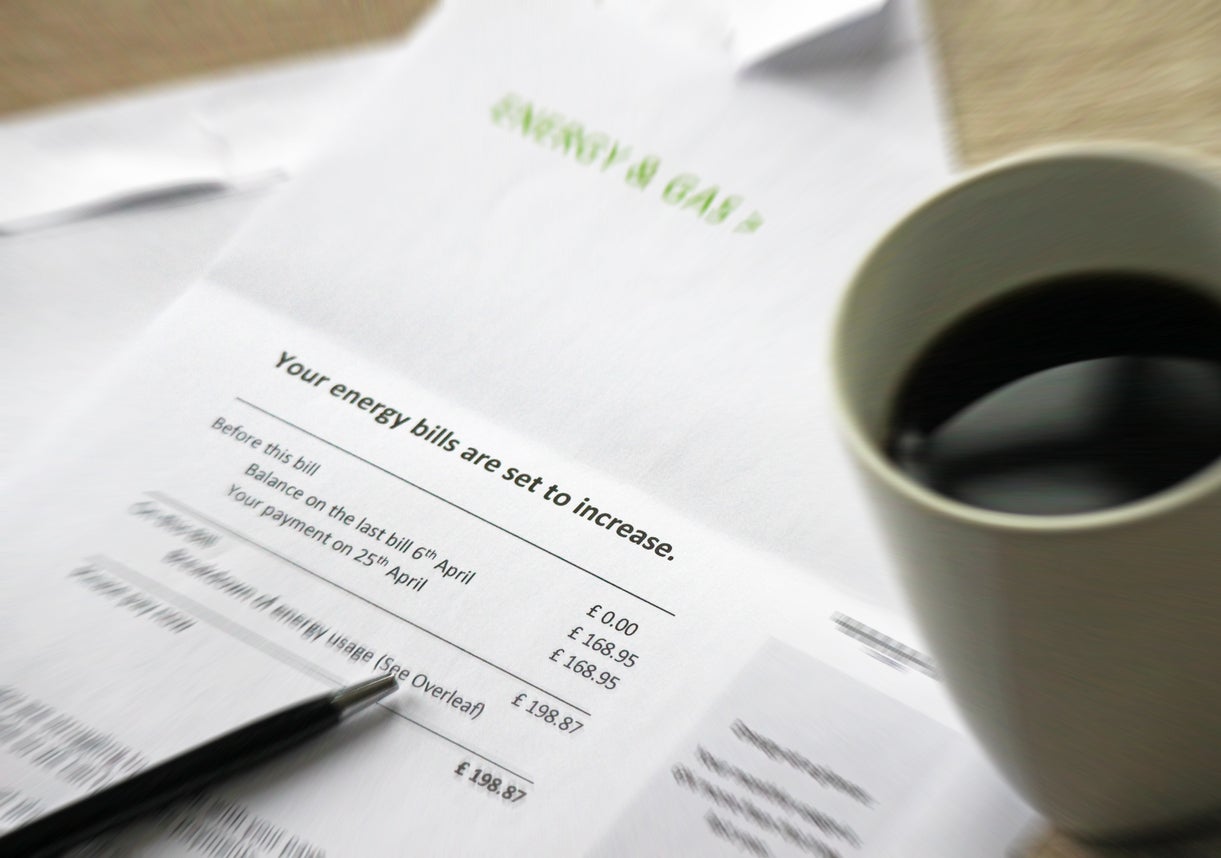Three million people left waiting for their £150 energy bill rebate
Councils urged to make payment ‘as soon as possible’ from April
More than 3 million households are eligible for a £150 government payment to help with soaring energy bills had reportedly still not received the money by 1 July.
Earlier this year the government announced that some households would get a rebate on their council tax bill to help with the rising cost of gas and electricity.
Ministers tasked local councils with administering the grants, which were targeted at households in council tax bands A to D, or up to E for homes where a disabled person lives.
They were told to start making the payments from April but have up until the end of September to do so. Council were urged, however, to make the payments "as soon as possible".
According to figures obtained by the BBC, 97 per cent of households who pay their council tax by direct debit in England and Wales had received the payments by 1 July.
But halfway through that six-month period, around half of those who pay council tax by alternative means - generally lower-income households - had not got their grant.
Liverpool is one of the areas where the fewest payments have been made, according to the figures.
"It was a nice surprise when it went into my bank automatically," Jenna Broadhurst told the BBC. "It's a boost that's helped in lots of ways."
Her friend Michelle Waring, meanwhile, had not got her £150 lump sum.
People who do not pay council tax by direct debit are supposed to get the money in the form of a cheque, council tax credit and vouchers.
Charities have previously warned that the poorest in society will have the most difficulty in accessing the money.
Councillor Andrew Western, chair of the Resources Board at the Local Government Association, which represents more than 350 councils across England and Wales, told the BBC that processing the payment had been a "significant task".

"Councils are continuing to focus their efforts on those who do not pay their council tax by direct debit, or where the details of those who pay by direct debit do not match council records," he added.
Liverpool City Council said: "In common with other local authorities, we concentrated first on making payments to people on direct debit and this was largely complete by the end of June.
"While this was happening, we developed a simple application system for households who don't pay by direct debit and encouraged people to apply using direct letters and social media.
"We have now paid out a total of 130,000 households and are processing thousands more claims each week."
A government spokesperson said: "Councils have been given £28m to deliver the payments, including to set up software and recruit staff, and they have until the end of September to do so.
"We are urging councils to make payments without further delay and have given a host of options to do this quickly and securely - including bank account transfers, council tax account credits or a voucher-based system."
Join our commenting forum
Join thought-provoking conversations, follow other Independent readers and see their replies
Comments


Bookmark popover
Removed from bookmarks